George Soros Book Recommendations
George Soros is a Hungarian-American investor, philanthropist, and author known for his significant impact on global finance and social-justice initiatives. Born in Budapest in 1930, Soros survived the Nazi occupation before immigrating to England and later to the United States. As the founder of the Open Society Foundations, he has dedicated his life to promoting democracy, human rights, and education around the world. Soros has authored several thought-provoking books on economics, politics, and society, including 'The Alchemy of Finance' and 'The Crisis of Global Capitalism.' His insightful analysis and bold perspectives make his works essential for anyone interested in understanding contemporary global issues.
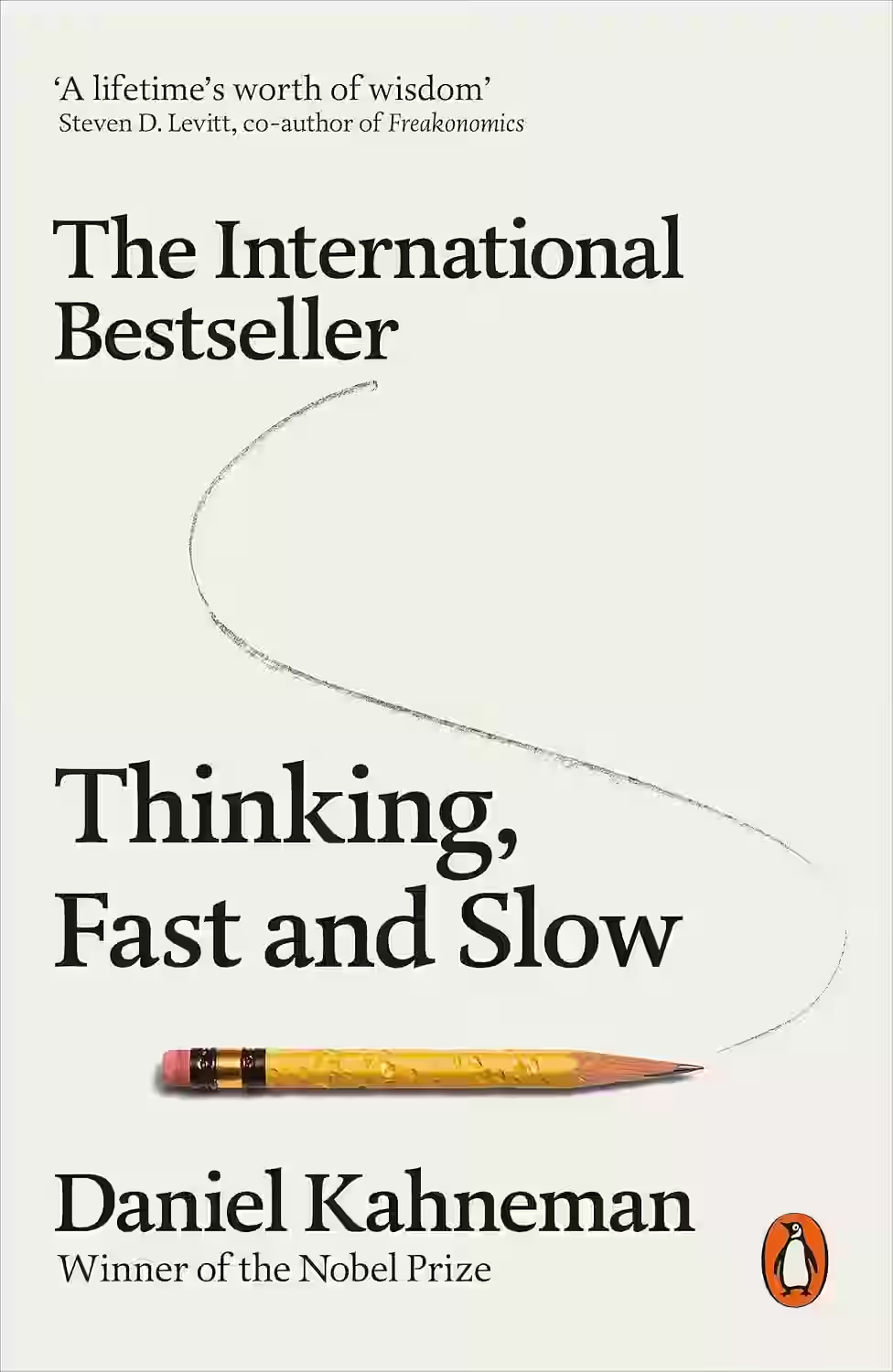
In 'Thinking, Fast and Slow,' Daniel Kahneman, a renowned psychologist and Nobel laureate, delves into the fascinating world of our thought processes. He introduces readers to the two systems that drive the way we think: the fast, instinctive and emotional System 1, and the slow, deliberate and logical System 2. Through engaging anecdotes and thought-provoking experiments, Kahneman explores the biases and heuristics that influence our decisions, leading to both enlightening and unsettling revelations about human cognition. This groundbreaking book not only challenges our understanding of decision-making but also offers valuable insights into how we can navigate the complexities of our minds to make better choices.
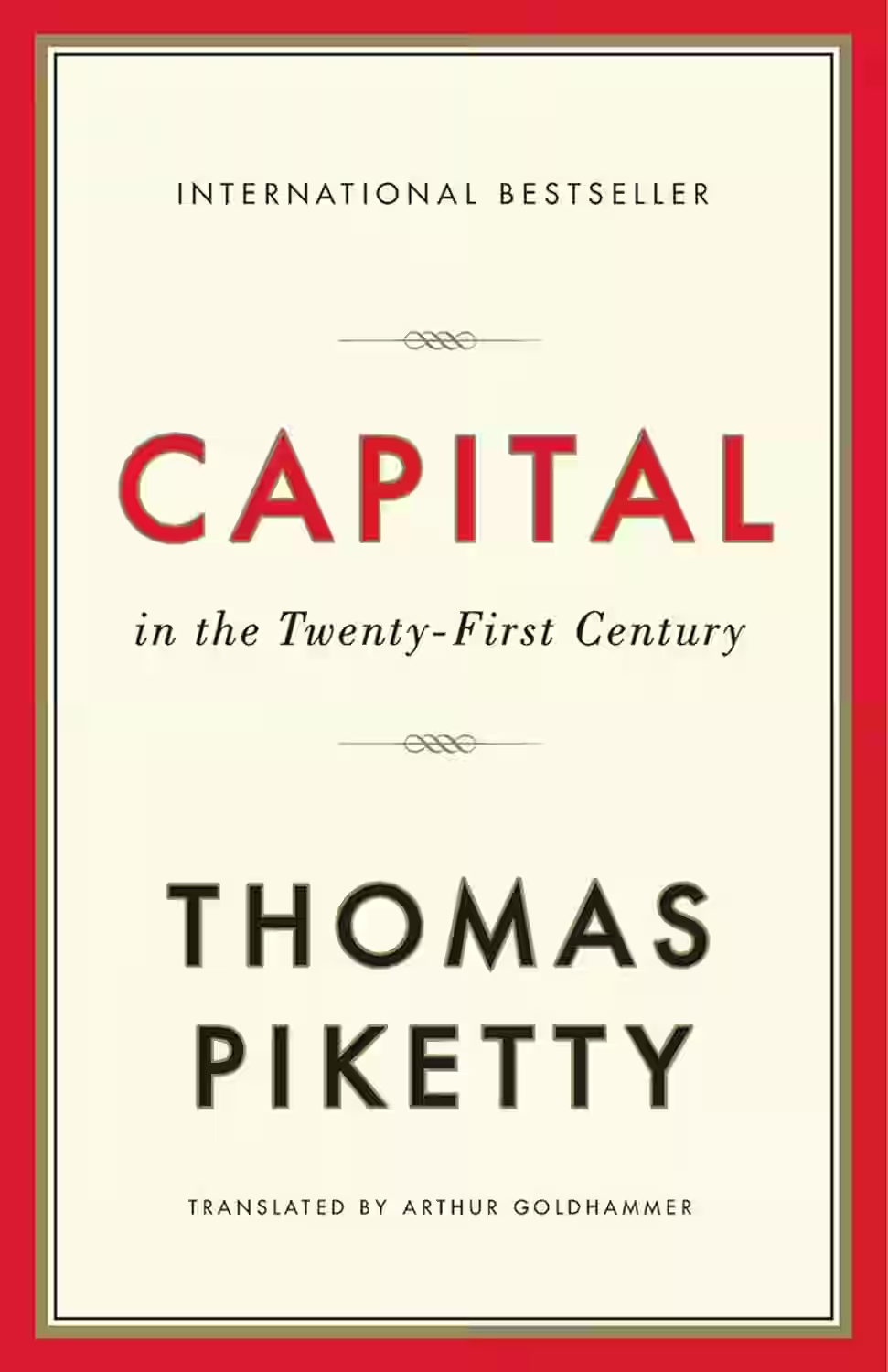
In 'Capital in the Twenty-First Century,' Thomas Piketty delves into the dynamics of wealth and income inequality, offering a comprehensive analysis of economic data spanning centuries. Through historical evidence and theoretical frameworks, Piketty explores how capitalism inherently leads to the concentration of wealth in the hands of a few, exacerbating social disparities. He emphasizes the role of inherited wealth and argues for a global wealth tax to address growing inequality. This seminal work challenges conventional economic theories and sparked worldwide debates on wealth distribution and taxation policies.
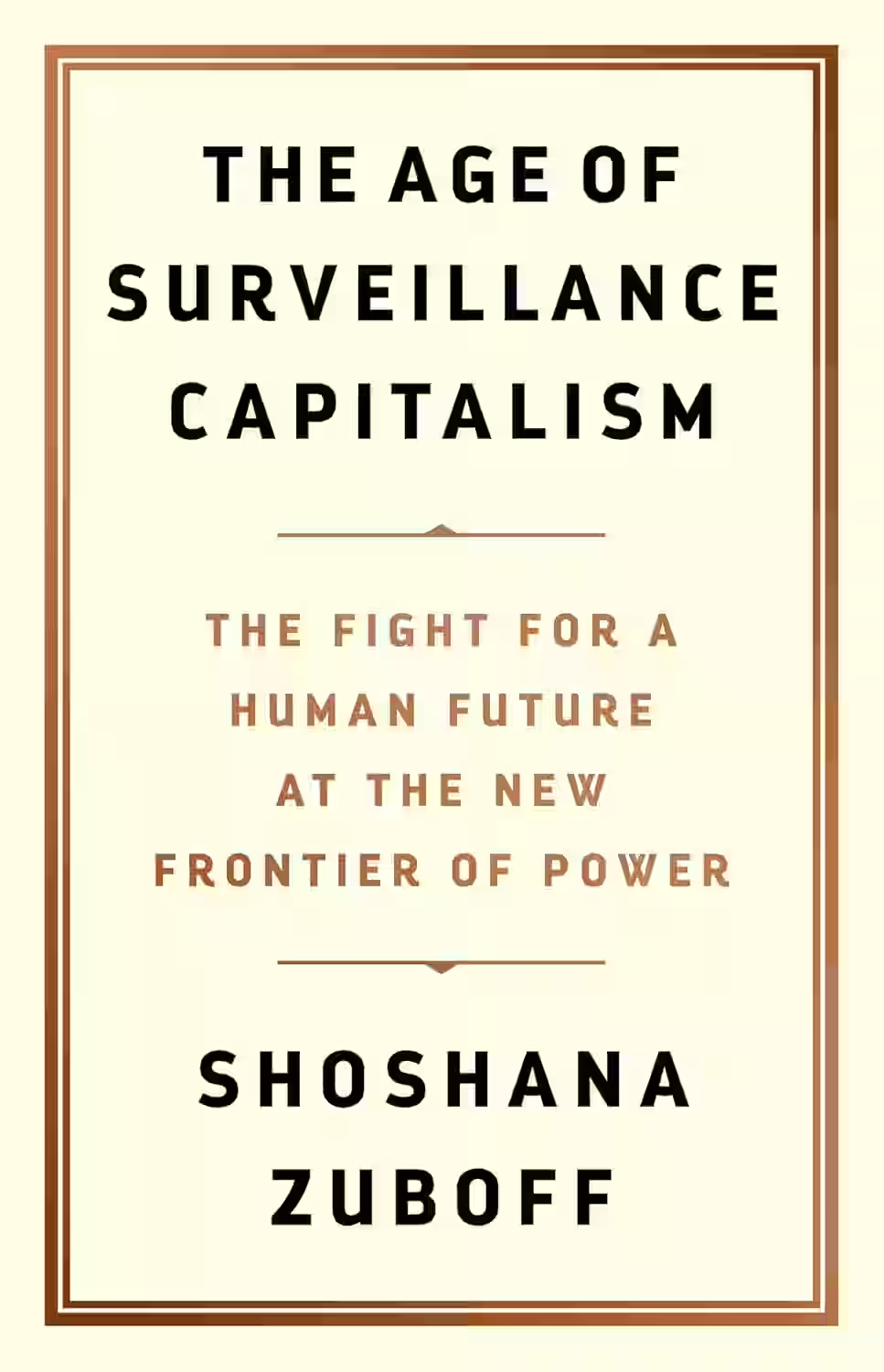
In 'The Age of Surveillance Capitalism', Shoshana Zuboff delves into the pervasive nature of tech giants like Google and Facebook, exploring how they have transformed into surveillance capitalism entities. Through meticulous research and analysis, Zuboff uncovers the methods used by these companies to capitalize on our personal data, ultimately posing a threat to privacy and individual autonomy. She raises crucial questions about the implications of this new form of capitalism on society, democracy, and human freedom. Zuboff's groundbreaking work offers a comprehensive examination of the digital landscape, shedding light on the urgent need for regulations and ethical considerations in the digital age.
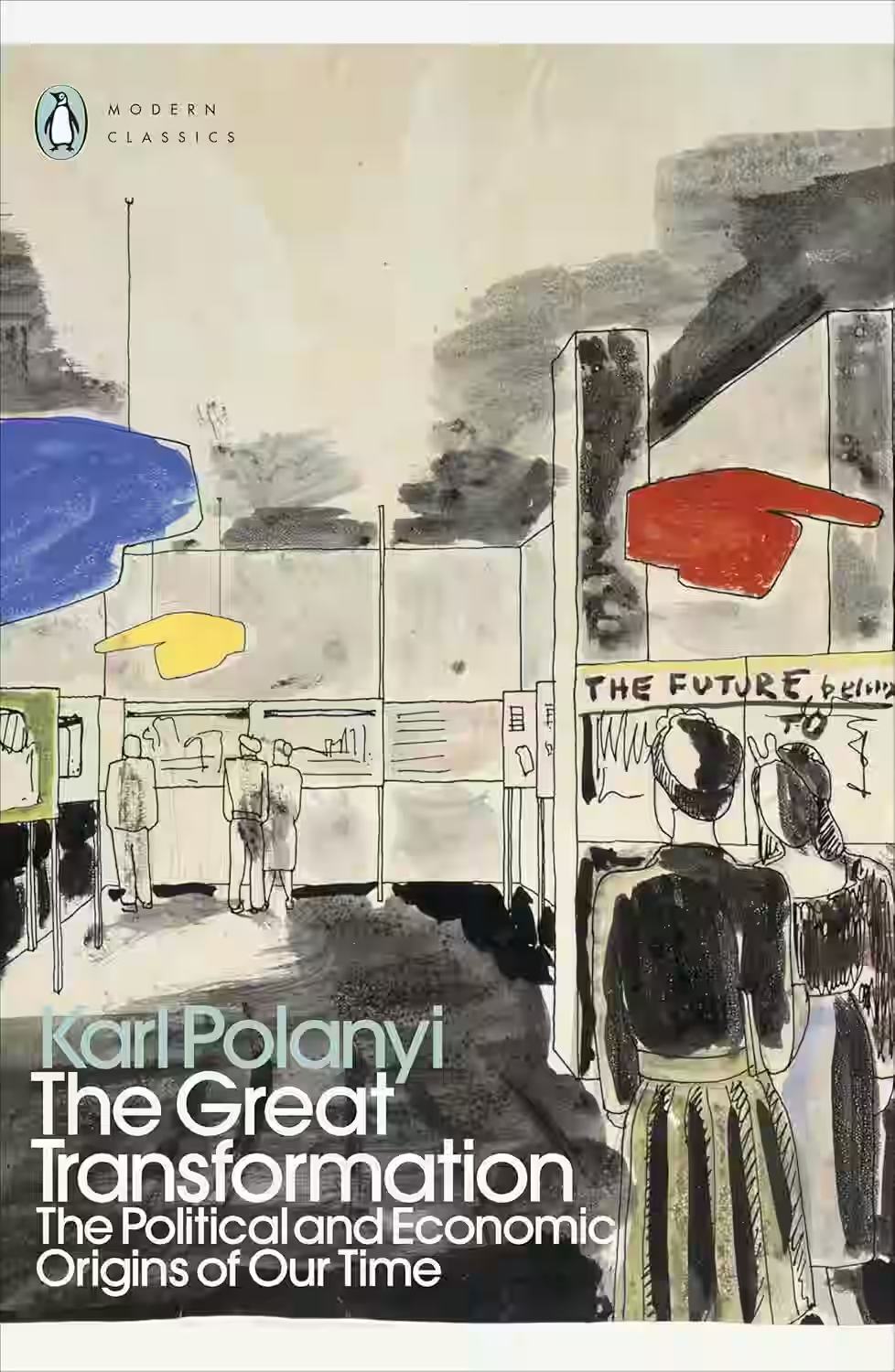
In 'The Great Transformation' by Karl Polanyi, the author dissects the roots of modern society's economic and social structures. Through a historical lens, Polanyi examines the shift from traditional to market economies, delving into the consequences of this transformation on individuals and communities. He argues that the commodification of land, labor, and money has led to widespread social dislocation and environmental degradation, presenting a thought-provoking critique of capitalism. With compelling insights and thorough research, Polanyi challenges readers to rethink prevailing economic ideologies and consider alternative models for organizing society. This seminal work remains relevant in today's discourse on economic inequality and sustainability.
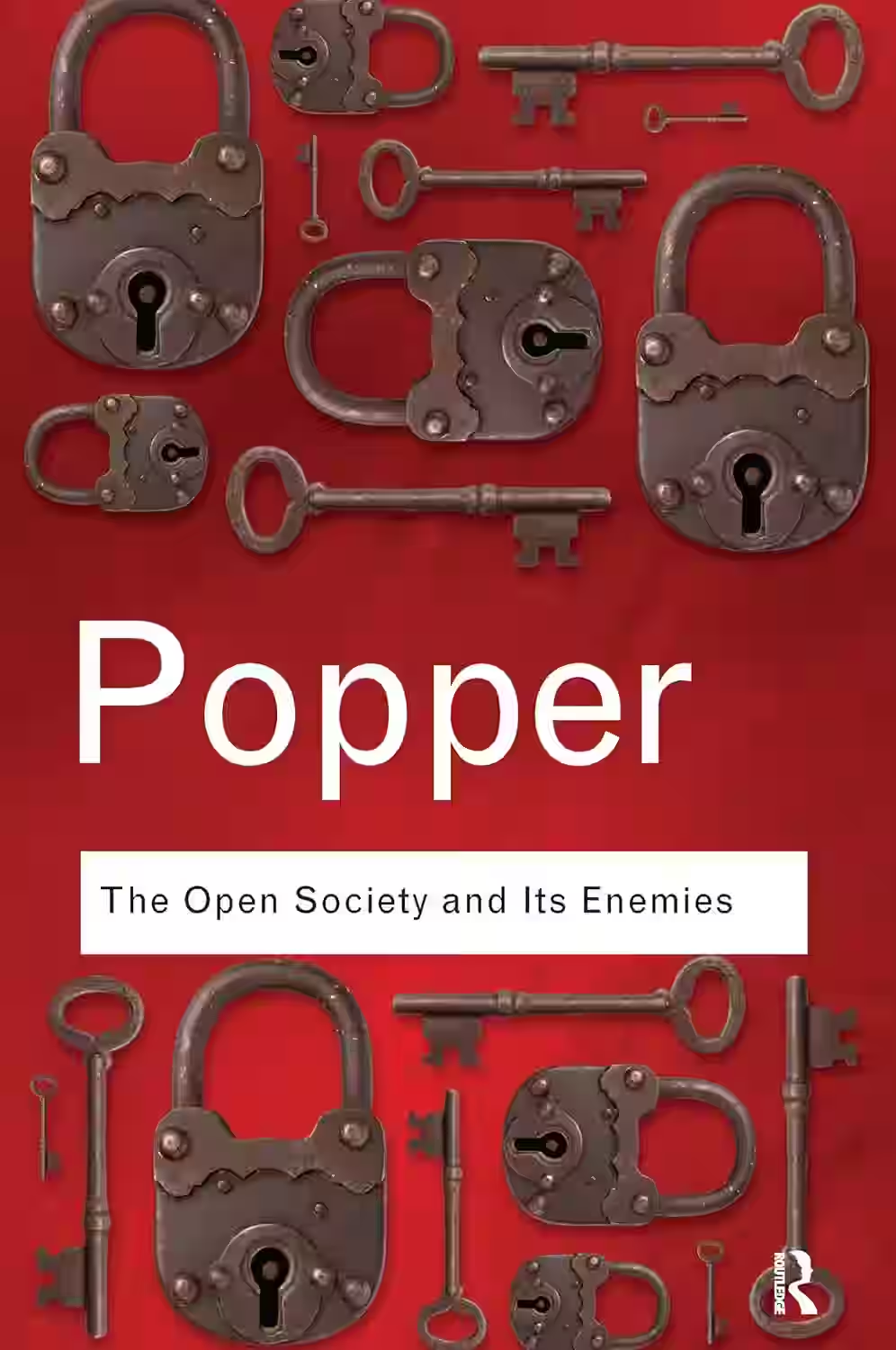
Karl Popper's 'The Open Society and Its Enemies' is a seminal work that delves into the fundamental principles of democracy, freedom, and the dangers of totalitarianism. Through a meticulous analysis of historical and philosophical perspectives, Popper dissects the ideologies of Plato, Hegel, and Marx while championing the virtues of an open society that values critical thinking and individual rights. This intellectually stimulating book challenges readers to reevaluate their understanding of political systems and the importance of safeguarding liberal democracy. With sharp insights and compelling arguments, Popper's work remains relevant in today's world, provoking discussions on governance, societal values, and the perils of authoritarianism.
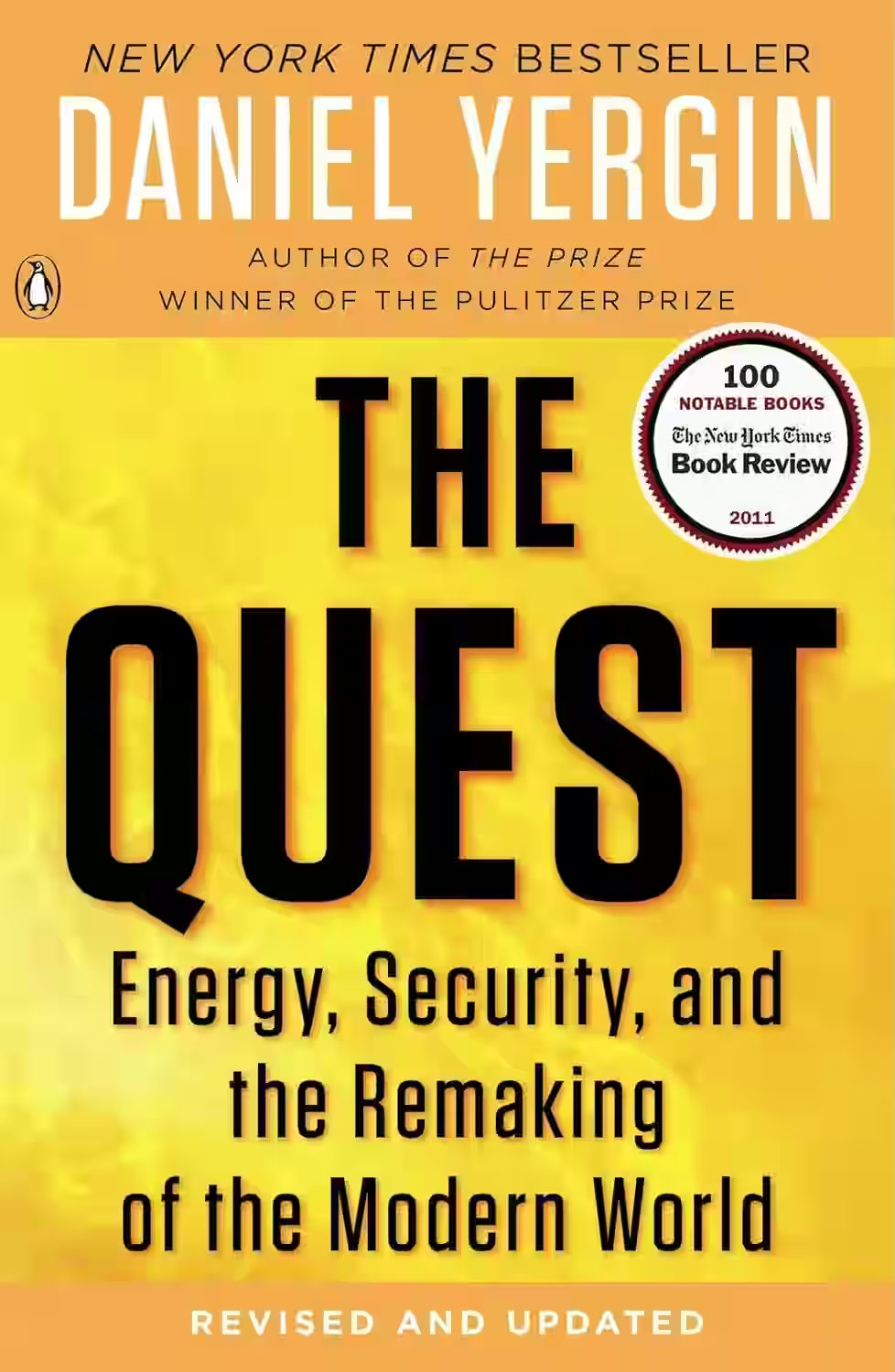
In 'The Quest: Energy, Security, and the Remaking of the Modern World,' Daniel Yergin takes readers on a fascinating journey through the often overlooked world of energy geopolitics. The book delves deep into the intricate relationship between energy resources, global security, and the ever-evolving modern world. Yergin explores the quest for sustainable energy sources, the impact of technological advancements on energy production, and the complex political dynamics shaping the energy landscape. Through compelling narratives and extensive research, the author sheds light on the critical role energy plays in shaping economies, conflicts, and the future of our planet.
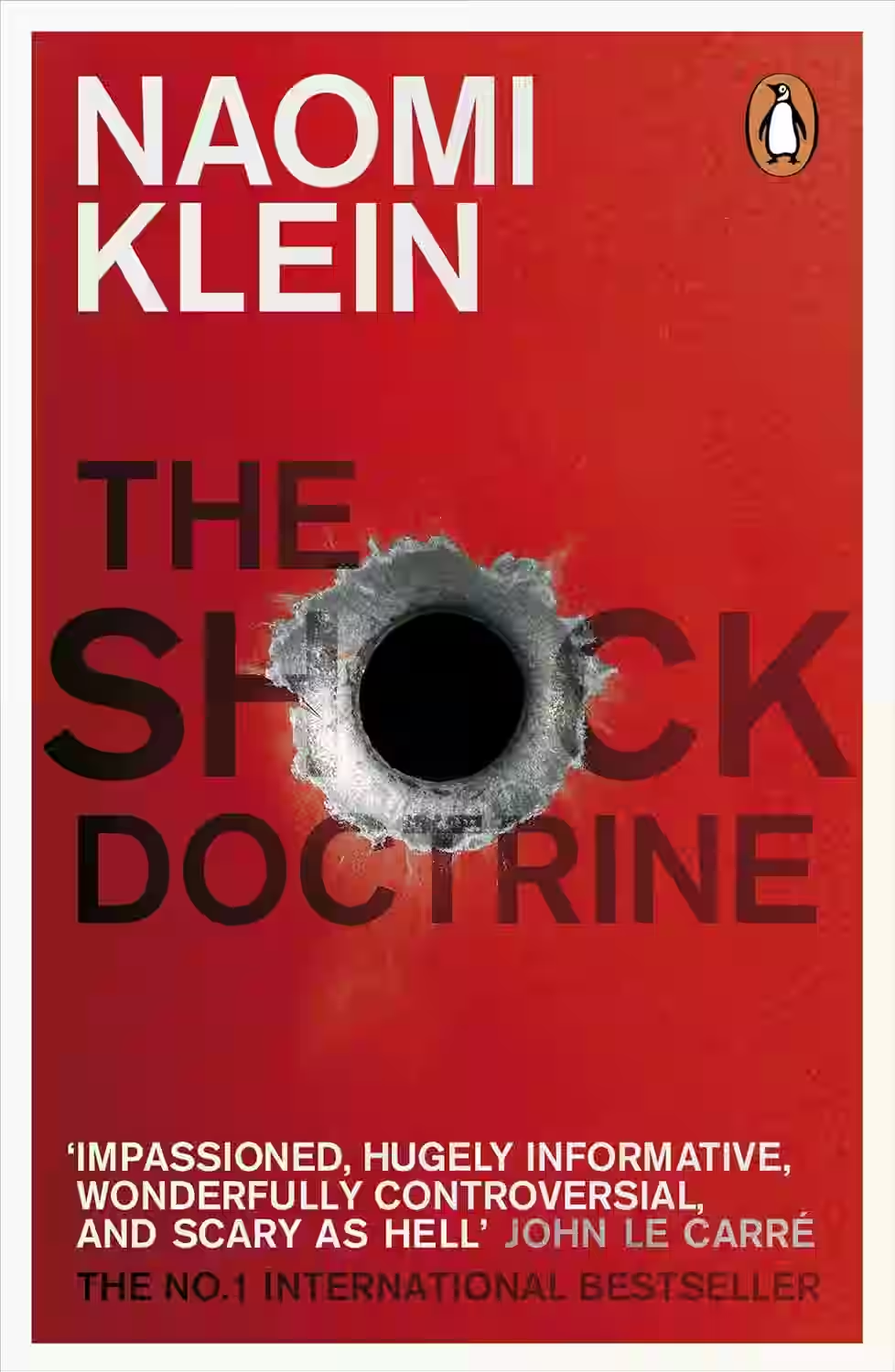
Naomi Klein's 'The Shock Doctrine' is a thought-provoking and eye-opening exploration of the impact of disaster capitalism on societies worldwide. Through meticulous research and compelling analysis, Klein unveils a pattern where economic elites exploit moments of crisis to push through radical free-market policies, dismantling social structures and widening economic inequality. She takes readers on a journey through various historical and contemporary examples, from Pinochet's Chile to post-Katrina New Orleans, illustrating how this 'shock doctrine' perpetuates a cycle of exploitation and suffering. Klein's narrative is both enlightening and unsettling, urging readers to question the intersection of capitalism and disaster response.